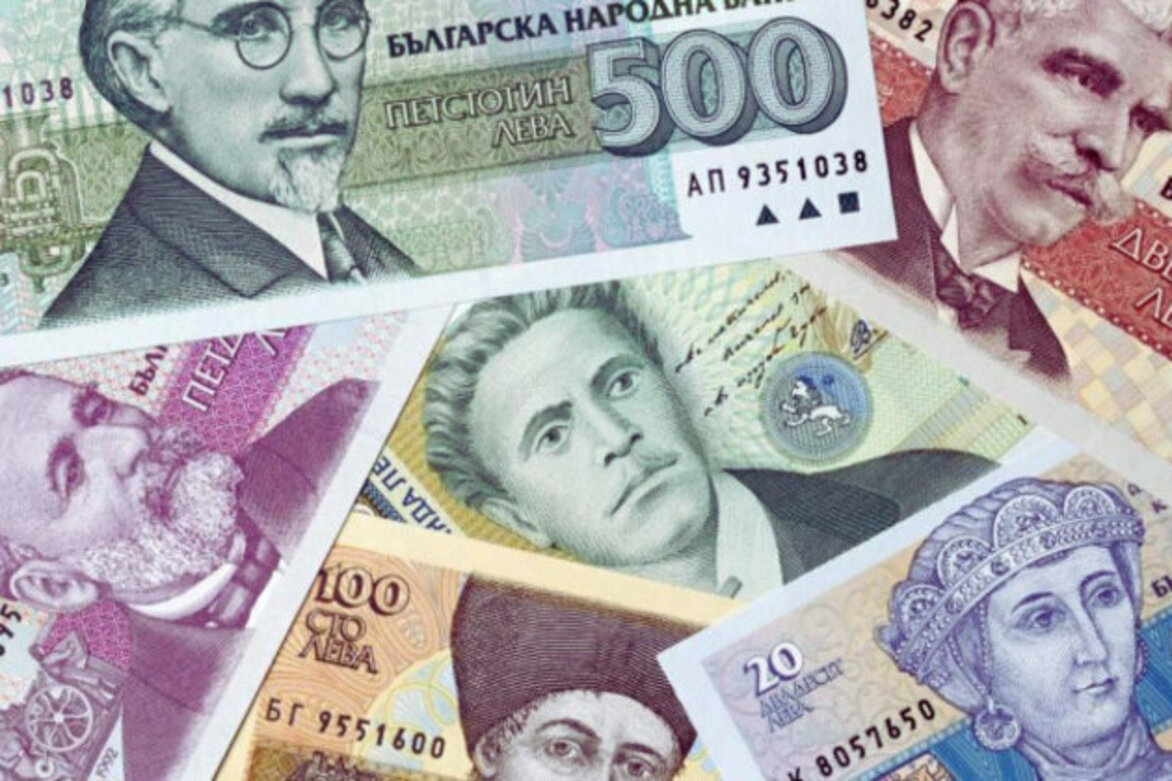1999 All Over Again: Why Bulgaria Is Ready for the Euro
Novinite.com
06 Jun 2025

Economist Lachezar Bogdanov drew a parallel between Bulgaria's upcoming adoption of the euro and the 1999 denomination of the national currency, calling it ?the same type of monetary reform.? Speaking to the Bulgarian National Radio, he recalled that in July 1999, the country removed three zeros from the lev. For businesses, banks, and ordinary citizens, the process required similar adjustments to what the euro transition will demand today - software updates, recalculations in accounting systems, changes in store pricing, and adaptation at cash registers. And, as Bogdanov emphasized, all of it happened smoothly and without major complications.
In his view, it would have been premature to promote the euro before the country had received a formal assessment confirming readiness. Now that the European institutions have delivered a positive report, he said, the public campaign can begin in earnest. It's time, he added, for institutions to clearly answer the questions outlined in the Law on the Introduction of the Euro.
Bogdanov believes politicians have neglected their responsibility to communicate the benefits and workings of the euro and the EU economic system. After Bulgaria joined the European Union, little was done to explain how the single market functions, how the European Central Bank operates, or what the adoption of the euro truly means for individuals and businesses. He noted that this lack of information left many Bulgarians uncertain about the lev-euro exchange rate and the security of their savings - despite the fact that the fixed exchange rate will remain, and their deposits will effectively be in the world's second most widely used currency.
?The real burden of euro adoption will fall on businesses and the banking system,? Bogdanov pointed out. For most citizens, the process will be relatively hands-off. According to the official timeline, if the EU Council confirms Bulgaria's accession on July 8, then one month later - from August 8 - dual pricing will begin, with shops displaying prices in both leva and euros.
Bogdanov also addressed concerns about rising prices, noting that Bulgaria has already experienced inflation without being part of the eurozone. Factors beyond the euro - such as global markets and supply shocks - are responsible, he said. While future price increases can't be ruled out entirely, they should not be attributed to the euro itself.
He pushed back strongly against claims that Bulgaria would lose control of its budget after adopting the euro. ?We?re not doing this for Brussels,? Bogdanov said. ?We?re doing it because it's in our own interest.? Good fiscal policy, he argued, isn?t something imposed from outside - it's a national responsibility. The kind of financial crisis seen in Greece, for example, came not from euro membership alone but from massive borrowing, unsustainable spending, and poor governance - mistakes Bulgaria must and can avoid.
Looking ahead, Bogdanov said the country should move past emotional and speculative fears about the euro and start focusing on what really matters: attracting investments, improving education, raising wages, reducing inequality and poverty. These, he said, are the goals Bulgaria should be discussing - and working toward.
Source:BNR interview
